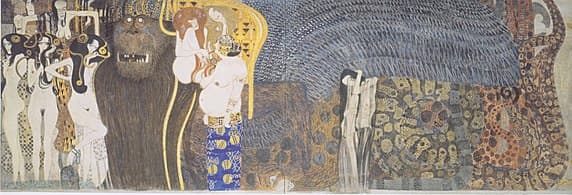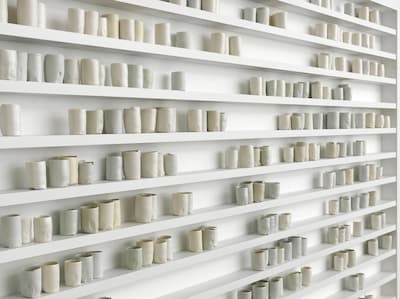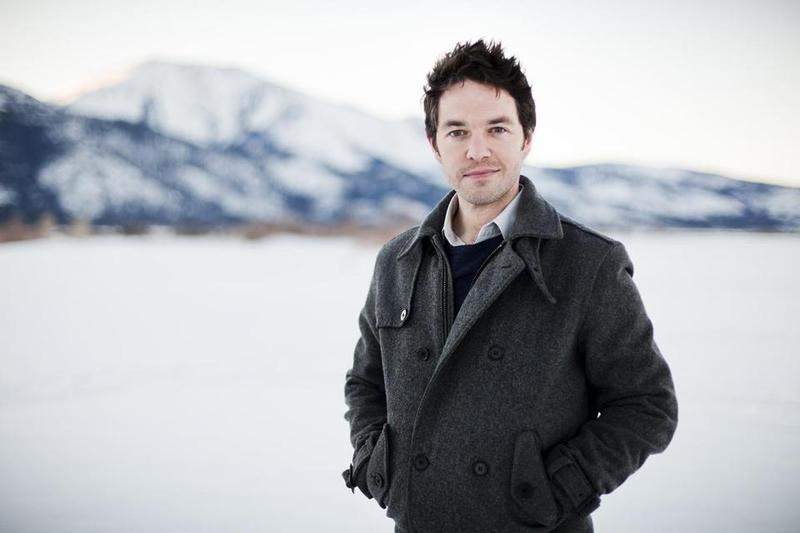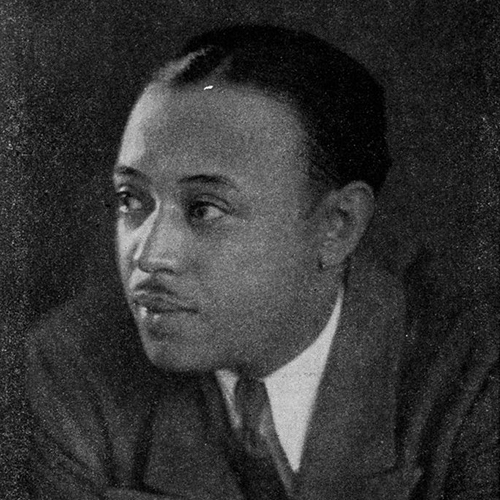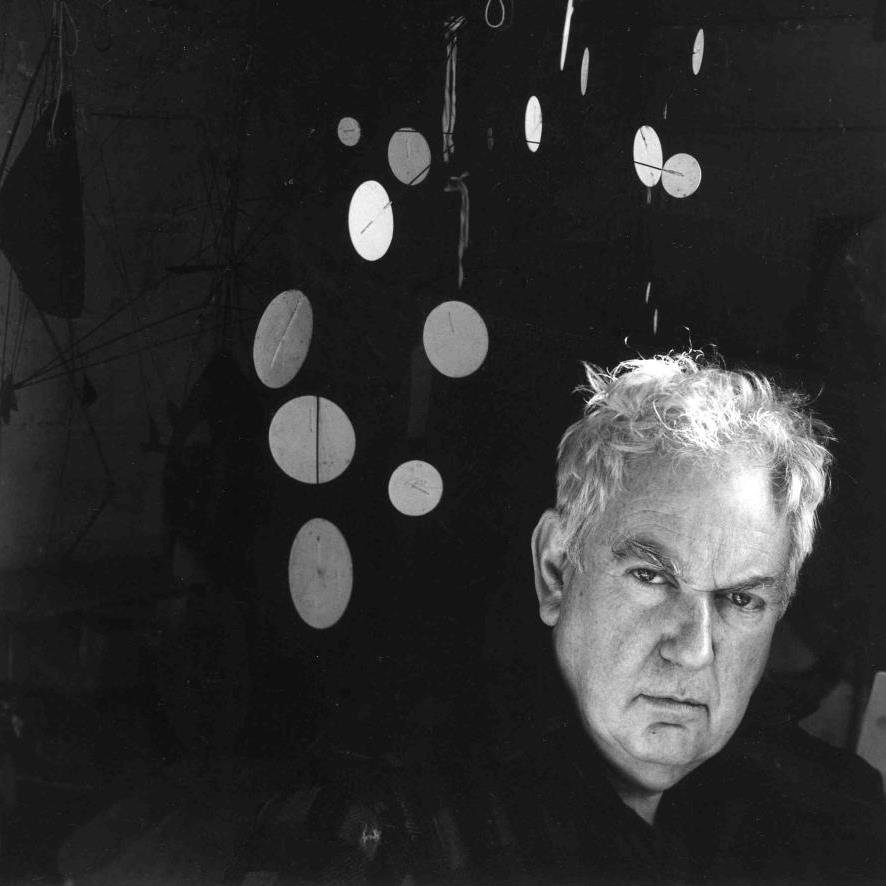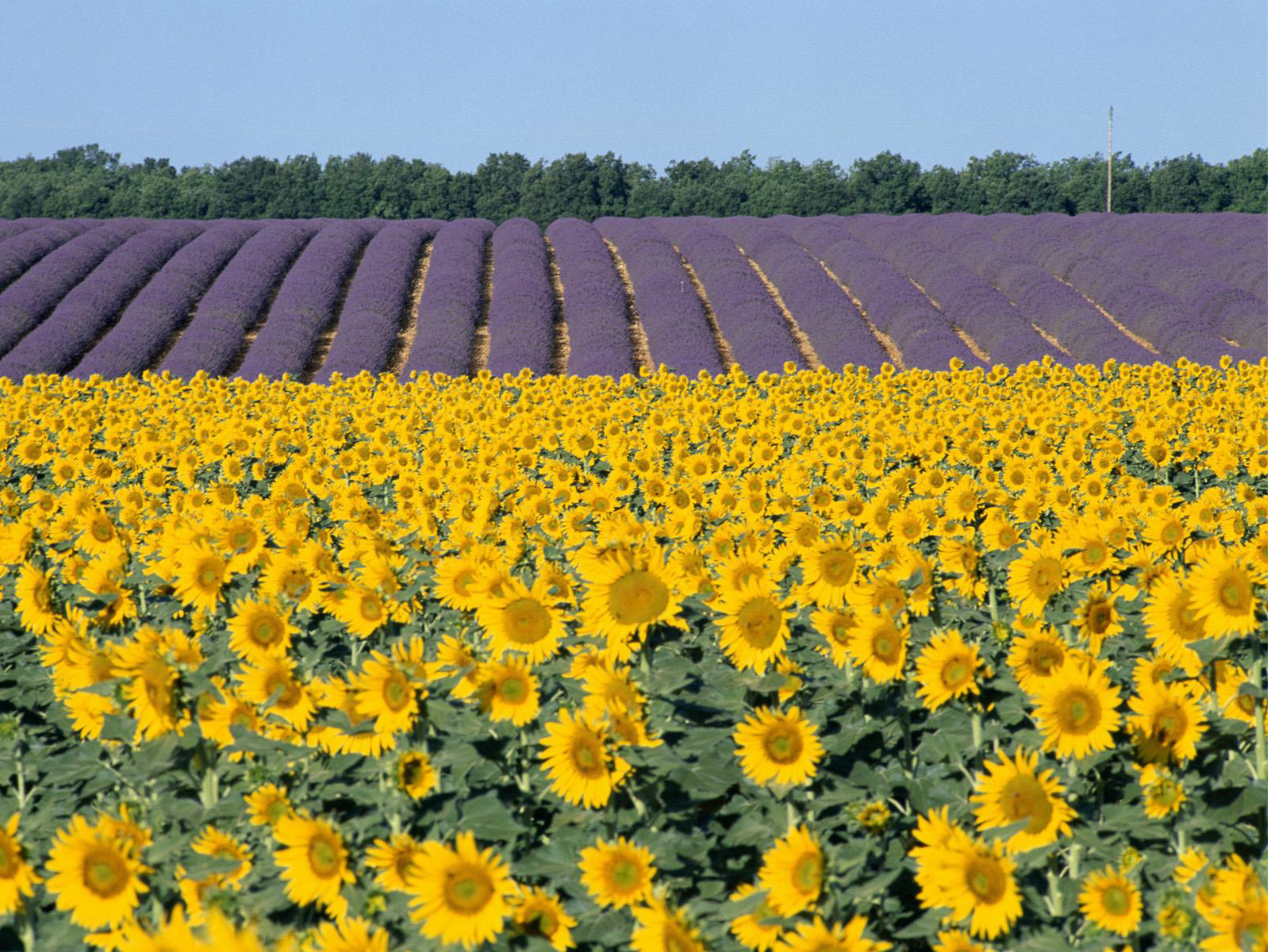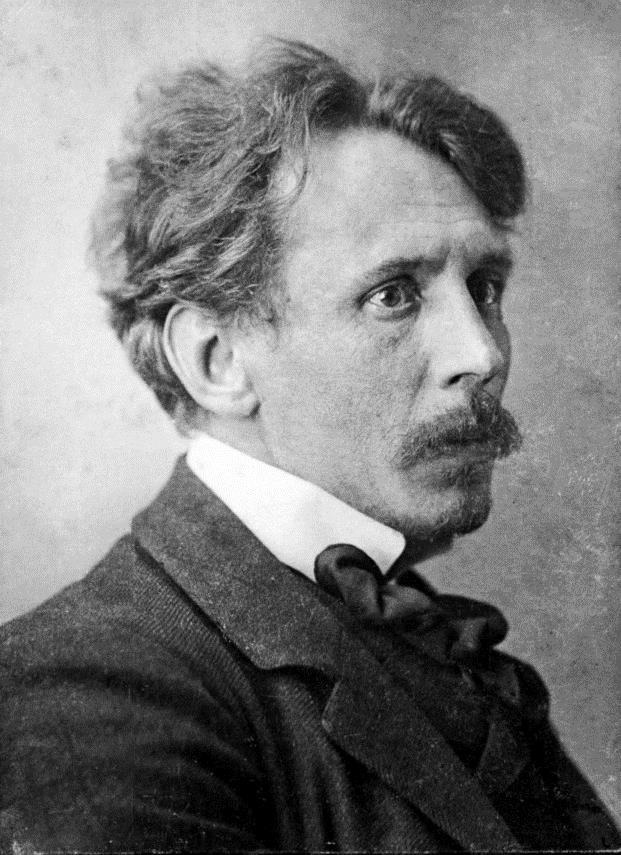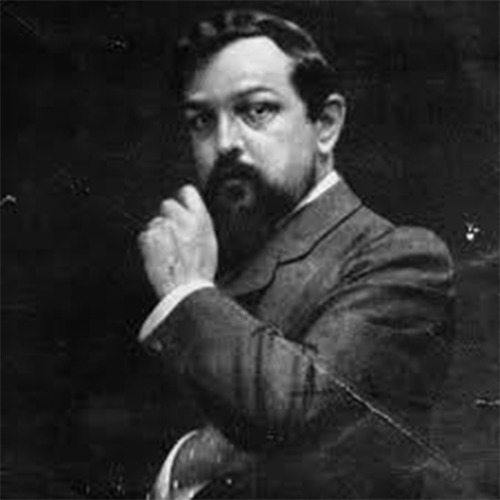There never was, and never will be, a defining boundary between music and the other arts. The arts are constantly engaged in a process of circular cross-fertilization that continuously shape and refine artistic practices, visual expressions and sonic experiences. We
Sculpture
The ceramic art of writer and potter Edmund de Waal focuses on porcelain pieces, usually in a single colour, against a plain background. The installations carry their own rhythm and, when Scottish composer Martin Suckling looked at the works from
The very idea of making music inspired by the art form known as Abstract Expressionism seems an anathema. How do you pin down the undefinable? The music style that might match the art form of expressionism has come and gone
In 1943, William Grant Still wrote his Suite for Violin and Piano, which took as its inspiration three sculptures: Richmond Barthé’s African Dancer, Sargent Johnson’s Mother and Child, and Augusta Savage’s Gamin. Each of these works was created in the
The current exhibition ‘Calder: Hypermobility’ at the Whitney Museum in New York City raises interesting questions about Alexander Calder’s art and its relationship to 20th century music. In his youth, Calder had shown not only an interest in art, but
On a recent trip through the Provence in France, through fields of lavender, sunflowers, vineyards and olive trees, I was reminded of the importance of landscapes, and that of the Provence in particular, as inspiration for many artists, including Frédéric
In last month’s article I discussed the Symbolist influence on music and art in France at the turn of the 20th century. It is of interest to note that this influence also played a role in the works of the
In 1902, after the successful debut of his opera Pelléas and Mélisande, Claude Debussy published many articles as a music critic under the pseudonym Monsieur Croche (similar to Paul Valéry’s pseudonym ‘Monsieur Teste’) in the ‘Revue Blanche’ and other publications.

